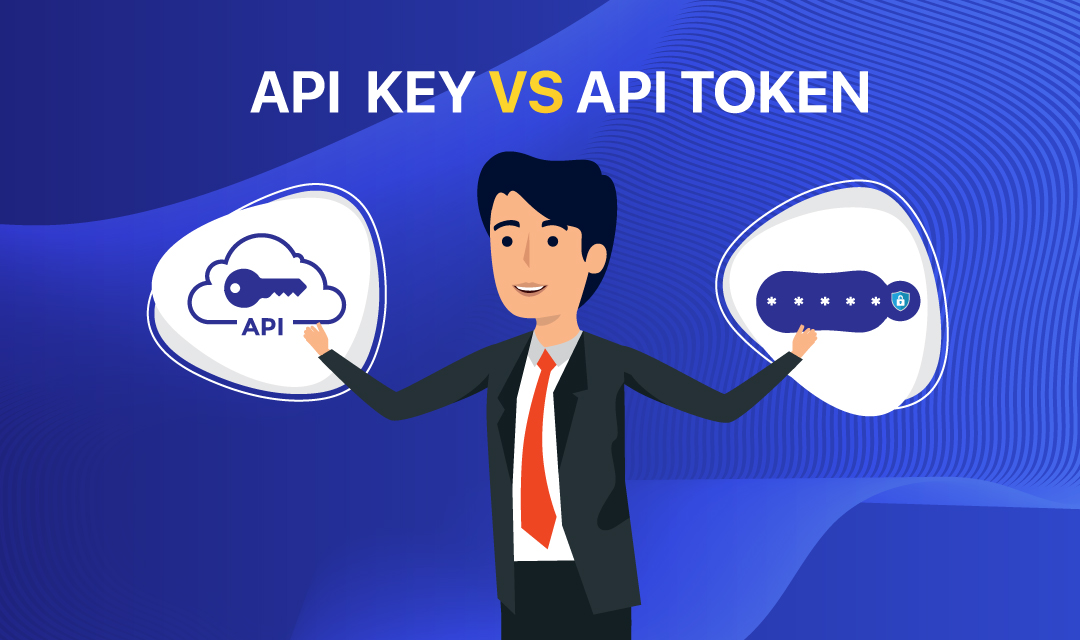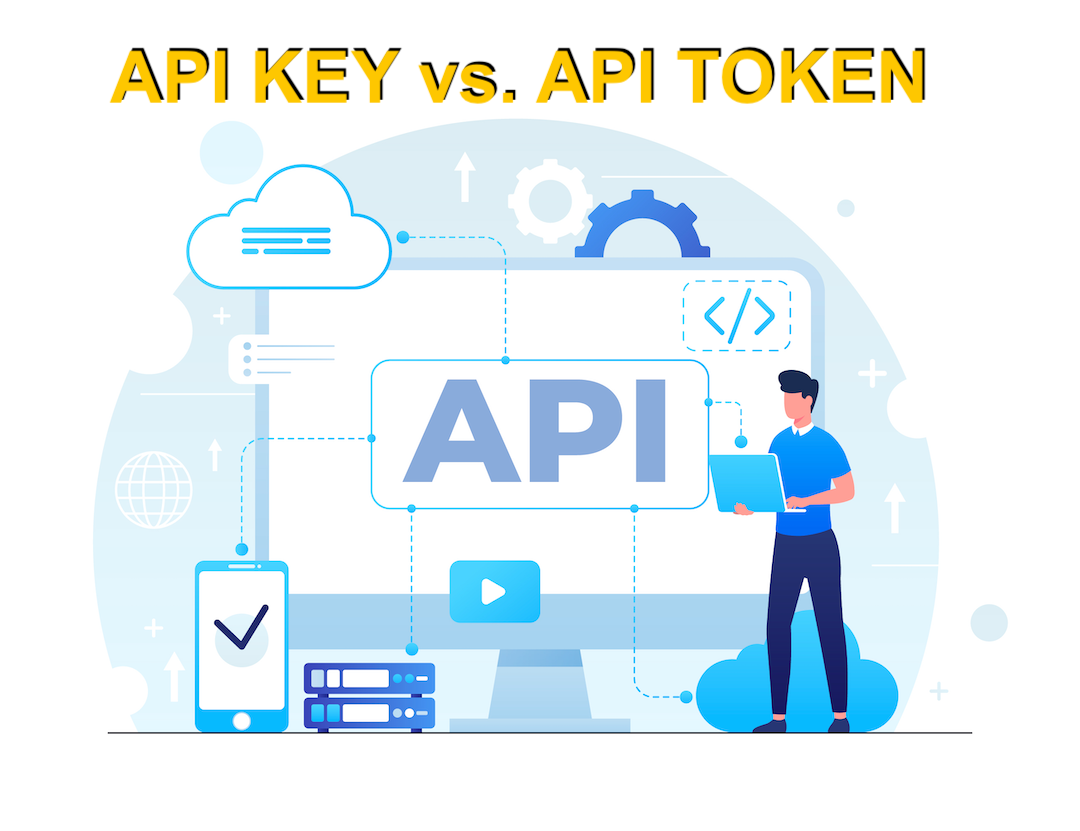
An API is a programmatic interface used to allow different software applications to communicate with each other, and exchange data between them. An API defines the methods and data formats for exchanging information between applications. An API is a fundamental component of modern software development. It is used extensively in web development, cloud computing, mobile app development, and various other areas to enable the integration of different services between systems. They play a crucial role in creating interconnected and interoperable software ecosystems. We offer public APIs to allow our audiences to access some of the data provided on our website.
To allow different applications to exchange data, a security mechanism must be in place to authorize access to the data. API Key and API Token are both used to authenticate and authorize access to web-based APIs (Application Programming Interfaces) and protect the API from unauthorized access, but they have some differences in terms of their usage, security, and implementation.
1. Purpose
API keys are typically used for authentication and access control. They are simple, static strings the API provider provides to identify the entity accessing the API. API keys are often used to track usage and prevent unauthorized access.
API tokens are more versatile and can serve various purposes, including authentication, authorization, and temporary access to the API. They are also comprised of random strings and are often used to grant permissions for specific actions or resources within an application.
2. Security
API keys are typically considered less secure because they are static and can be vulnerable to exposure or misuse if not properly protected. API keys should be kept secret and are often tied to the account of the API consumer.
API tokens can be more secure if implemented correctly. They can be issued with expiration dates, and scoped permissions, and can be rotated or invalidated if compromised. Tokens are often used with authentication protocols like OAuth2 for better security.
3. Use Cases
API keys are commonly used for simple, public APIs or when a lower level of security is acceptable. They are straightforward and do not require complex authentication flows.
API tokens are more suitable for scenarios where finer-grained access control, temporary access, or user-specific permissions are required. They are often used for protected or private APIs and in user authentication.
4. Lifecycle
API keys are typically long-lived and are often associated with an API consumer's account. They do not expire unless explicitly changed.
API tokens can have a shorter lifecycle and may expire after a certain period. They can also be refreshed or revoked as needed.
5. Authentication Protocols
API keys are not part of a specific authentication protocol but are used in a straightforward manner.
API tokens are often used in conjunction with authentication protocols like OAuth2, where they play a role in the authorization process, especially in bearer token usage.
What are the differences between API Key and API Token?

Image by Freepik
There are several key differences between the API Key and API Token implementation, and the notable differences are:
- The core use of an API key is to authenticate the application, while the API token serves for both authentication and authorization of the user.
- The API key generally grants access to the entire API, while the API token authorizes specific resources or functionality and serves as a user-specific authentication mechanism for authorization.
- An API key is a static string that does not generally change and usually has an unlimited validity period. The API token usually has a limited validity period, and applications must re-acquire a token after expiration.
API Key is a static key that has a long lifespan. In contrast, the API token has a short lifespan and changes frequently. Thus, API Key has a security risk if compromised, but API Token reduces the risk of long-term misuse.
Conclusion
While both API keys and API tokens serve the purpose of authentication and authorization in API usage, API tokens are more versatile, offer finer-grained control, and can be more secure when implemented with the right protocols and practices. API keys are simpler and may be appropriate for public APIs or less sensitive use cases. The choice between the two depends on the specific requirements and security considerations of the API and application in question.
Share this post
Leave a comment
All comments are moderated. Spammy and bot submitted comments are deleted. Please submit the comments that are helpful to others, and we'll approve your comments. A comment that includes outbound link will only be approved if the content is relevant to the topic, and has some value to our readers.

Comments (0)
No comment